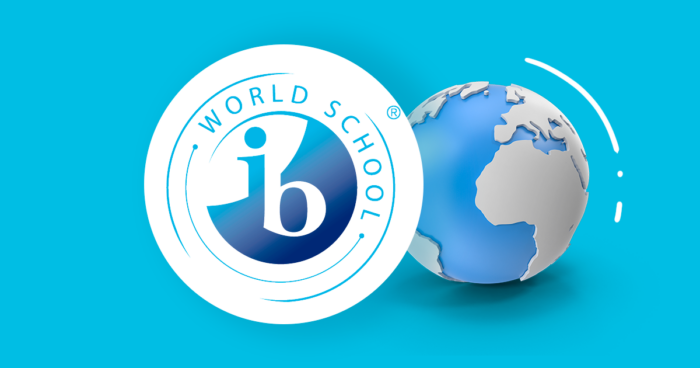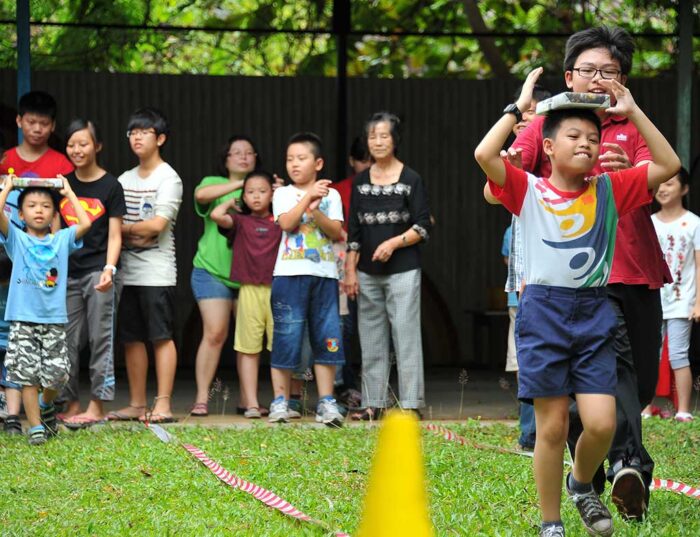
The International Baccalaureate (IB) program, heralded globally, stands as a beacon of academic excellence, designed to mold young minds for an interconnected world. Beyond just knowledge acquisition, the IB emphasizes holistic development.
To traverse this intense educational journey, a student doesn’t merely need intelligence but a robust set of study techniques. This comprehensive guide will unpack the labyrinth that is IB, touching on its structure, the art of goal-setting, the science of time management, and much more to empower you to navigate the IB voyage with confidence.
Understanding the IB Program

At its core, the IB program is akin to a multi-faceted diamond; with each aspect interplaying to contribute to the program’s unparalleled educational richness. The three core elements — Extended Essay (EE), Creativity, Activity, Service (CAS), and Theory of Knowledge (TOK) — form the heartbeat of the IB. The EE is a venture into academic research, allowing students to probe deeply into a chosen subject.
CAS, on the other hand, is where personal growth meets societal contribution, pushing students beyond the classroom confines. And then there’s TOK, a philosophical exploration, urging students to dissect and challenge the very essence of knowledge.
With a curriculum branching into six diverse subjects, split between higher level (HL) and standard level (SL), the intensity is palpable. Each subject demands precision, comprehension, and application. Given this rigor, it’s evident why a well-honed study regimen is less of a choice and more of a necessity for IB success.
Setting Clear Goals
In the vast and often tumultuous ocean of IB, clear goals are akin to your guiding North Star. These goals are more than just academic wishes; they’re the motivators, the benchmarks, and the checkpoints on this journey that would help you nail IB.
It’s essential to craft overarching goals for the program’s entirety, but the magic lies in breaking them down further — think semester goals, monthly targets, and even granular weekly objectives.
Embrace the SMART principle when setting goals: Specific, Measurable, Achievable, Relevant, and Time-bound. For instance, instead of a vague “I want to excel in Math,” aim for “I will solve 20 complex calculus problems every week to strengthen my HL Math foundation.”
Time Management

In the ever-ticking IB clock, time management isn’t just a skill—it’s a lifeline. The sprawling syllabus, combined with extracurriculars and personal commitments, can be overwhelming. Structured time allocation can be a game-changer.
Begin with a holistic monthly plan, filtering down to weekly and daily schedules. Factor in coursework, CAS commitments, personal time, and those crucial buffer periods for unexpected tasks.
Modern tech offers an array of tools and apps tailored for effective time management. From Trello for task tracking to Forest for focused study sessions, leverage these tools to stay on top of your game. Remember, the goal isn’t just to be busy, but to be productively efficient.
Effective Note-Taking
Notes in IB are more than just scribbles; they’re your distilled knowledge capsules. Efficient note-taking can elevate your understanding and retention. Strategies like the Cornell method provide a systematic format, segregating notes into cues, content, and summaries. Meanwhile, mind mapping branches out concepts visually, aiding in grasping interconnected ideas.
Regular revision is the heartbeat of effective notes. Dedicate time weekly to revisit, refine, and even rewrite notes, ensuring they remain relevant and comprehensive. These personalized summaries will be invaluable, especially when exams loom.
Active Learning Strategies

Active learning transcends passive consumption. In the IB realm, where understanding and application are paramount, active engagement with content is pivotal. Techniques like group discussions foster diverse perspectives. Teaching others, perhaps a peer or even an imaginary class, can solidify your grasp.
Problem-solving sessions, where you apply theoretical knowledge, can bridge the gap between learning and real-world application.
Incorporating active learning isn’t just about better grades; it’s about fostering a genuine love for knowledge and an intrinsic motivation to delve deeper.
Study Resources
In the vast educational landscape, the right resources can be the difference between mere rote learning and profound understanding. For each IB subject, a blend of textbooks, online courses, and study guides can offer a well-rounded perspective. Websites like InThinking provide specialized content tailored for IB courses.
However, caution is key. Always prioritize authoritative sources, especially when venturing online. Libraries remain a treasure trove, and online databases like JSTOR or Google Scholar are gold mines for research. Remember, quality trumps quantity.
Exam Preparation

Exams in IB are more marathons than sprints. Strategic preparation is paramount. Crafting personalized study guides can help distill vast syllabi. Flashcards, whether traditional or apps like Quizlet, can be invaluable for quick revision. Practice exams not only gauge readiness but also hone time management.
As exams approach, managing stress becomes crucial. Techniques like meditation, deep breathing, and even simple breaks can be rejuvenating. Remember, it’s a balance between mind, body, and subject mastery.
Utilizing Technology
Technology, when used right, can be an IB student’s best ally. Beyond basic productivity apps, platforms like Google Scholar streamline research, while collaboration tools like Google Docs or Microsoft Teams foster group projects. For organization, apps like Notion or Evernote can consolidate notes, to-dos, and schedules.
However, with great power comes great responsibility. Digital literacy, which includes discerning credible sources and avoiding digital distractions, is crucial. Embrace technology but with mindfulness.
Maintaining a Healthy Lifestyle

The IB journey isn’t solely academic; it’s profoundly personal. Mental and physical well-being are integral. Regular sleep isn’t just rest; it’s when memory consolidation occurs. A balanced diet fuels not just the body but the brain. Exercise, beyond physical benefits, can boost cognitive function and reduce stress.
During intense study sessions, remember to pause. Breaks, hobbies, and even simple walks can be rejuvenating. Your well-being is the foundation upon which your academic success is built.
Seeking Support
The IB voyage, while personal, isn’t solitary. Tapping into support systems—teachers, peers, family—can be invaluable. Teachers offer clarity, peers provide camaraderie, and family lends emotional support. Mentorship, whether from alumni or senior students, can offer guidance. Tutoring, even if you’re excelling, can provide deeper insights.
Open communication is key. Be proactive in seeking feedback, clarifying doubts, and sharing challenges. Remember, every IB achiever has, at some point, leaned on someone for support.
Conclusion
The IB journey, with its academic rigors and personal challenges, is undeniably intense. Yet, with effective strategies—from time management to active learning, from leveraging technology to seeking support—it becomes not just manageable but profoundly rewarding.
As you embark or continue on this journey, remember that success in IB isn’t just about grades but about growth. Equip yourself, embrace the challenges, and embark on this transformative journey with confidence and enthusiasm.











